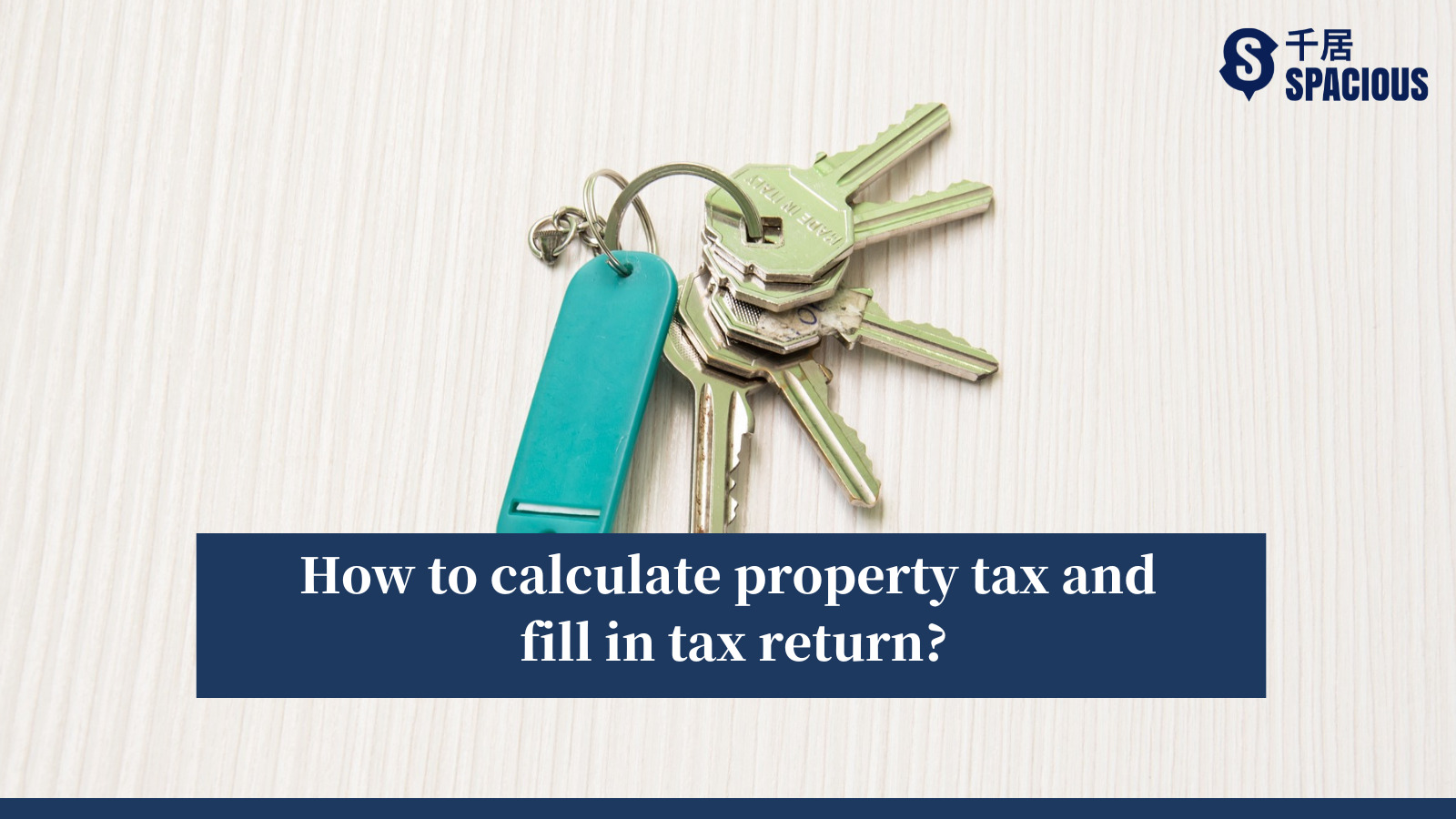
Some property owners have to pay property tax. It is not the same as the stamp duty incurred on property purchase. In this article, Spacious will walk you through who will need to pay property tax, how it is calculated and some useful tips for possible tax reductions.
Jump to: Property Tax Applicability | Property Tax Calculation | Calculation Example | Tax Filing Tips | FAQ
Property Tax Applicability
Property tax is only applicable to property owners who purchase properties for rental income. If the property generates rental income during the tax year, the owner must report it for tax purposes. Homeowners who live in their own properties are not subject to property tax.
Property Tax Calculation
The tax rate for property tax is 15% of the net rental income for the whole year. The so-called net rental income for the year refers to the net rental income for each tax year (from April 1 of the current year to March 31 of the following year), after deducting rates, unrecoverable rent, repair expenses, and other items.
Repair expenses vary depending on the age of the property. To simplify the calculation process, the tax authorities will automatically deduct 20% from the net rental income of the property owner as the standard tax-free amount for repairs and expenses.
This 20% includes all miscellaneous expenses incurred due to renting out the property, and the property owner does not need to provide any proof of actual expenses to the tax authorities.
If a tenant defaults on rent, the property owner must calculate the rental income that has been withheld when filing taxes, and the rates will be paid by the property owner. When it has been confirmed that the rent cannot be recovered, the property owner can apply for a deduction.
Calculation Example
Let’s say the rent of a unit is $10,000 per month and the owner paid rates.
The property tax to be paid by the owner is as follows:
Rental for 12 months =$10,000 x 12 = $120,000
$120,000 – $6,000 (5% rates) = $114,000
$114,000 – $22,800 (20% amount for repairs & expenses) = $91,200
Amount of tax payable = $91,200 x 15% = $13,680
Find or sell properties on Spacious
Tax Filing Tips
For those who receive rental income from their property, it is recommended to use the “Personal Assessment” method to file taxes instead of paying property tax directly. Although the calculation basis for both methods is the same, using the “Personal Assessment” method allows for a deduction of interest expenses related to the property.
Property owners do not have to worry about filing for Personal Income Tax and end up paying more taxes. The tax authorities will assess taxes in a way that is more beneficial to taxpayers and will issue a notice to taxpayers about changing their tax assessment method. As long as the taxpayer correctly reports all income and expenses, there is no need to worry.
15 Times of Deduction for Mortgage Interest
For those who buy a property for own use, although there is no rental income, they do not have to pay property tax and can also enjoy the “Deduction for Home Loan Interest” for up to 15 times.
The maximum allowable deduction is $100,000. If interest rates increase during the mortgage repayment period and expenses increase, homeowners can use these 15 deductions to reduce their tax burden.
Buying a property for rental income is one of the ways to increase passive income. Go to Spacious to find properties for sale across the city.
Find or sell properties on Spacious
FAQ
Can the management fees (paid by landlords) be tax-deductible?
Although the general lease agreement may specify that the property owner is responsible for paying the management fees, this expense cannot be used for tax deduction purposes.
What are the consequences of failing to report rental income from property?
The tax authorities will recover the unpaid taxes, impose fines, and the offender may be sentenced to prison for intentionally evading taxes.









